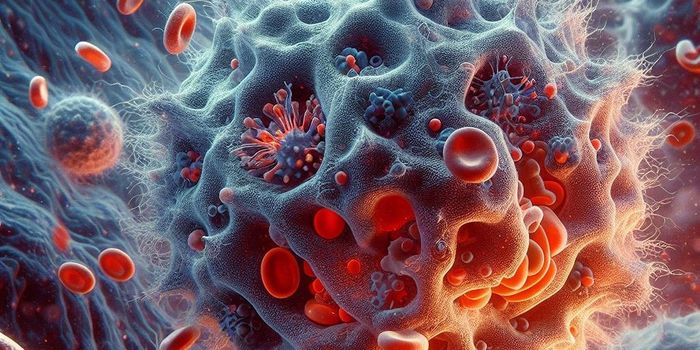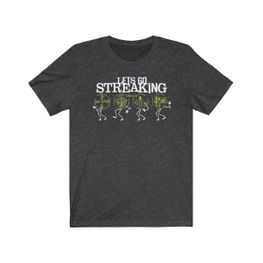The physiological impact of various diets has been hotly debated for years. Scientists have now used a mouse model to show that a diet that contains a lot of saturated fats can reprogram the immune system and make it more vulnerable to systemic inflammatory disorders like sepsis. This happened when mice were fed a diet that is similar to what is popularly known as a ketogenic diet, or when they were fed a normal diet but injected with the saturated fat. The findings have been reported in eLife.
This research team has previously shown that when mice are fed a Western-style diet high in fat and sugar, they are more likely to experience sepsis, and their mortality rate is higher compared to mice that are fed a standard diet.
A fat called palmitic acid is often found in animal fat and dairy, so there are usually high levels of it in a ketogenic diet. When mice fed a normal diet were injected with palmitic acid, they also became more susceptible to sepsis. The evidence suggests that saturated fats are involved in sepsis.
"The idea that you could have a specific fat in your diet that would cause such a drastic outcome in disease is kind of incredible," noted study leader Brooke Napier, assistant professor of biology at Portland State University PSU.
This study also revealed that palmitic acid can induce trained immunity, a type of immune memory found in the innate immune system that is unlike the memory of the adaptive immune system. Innate immune memory arises from the alteration of stem cells in the bone marrow that give rise to immune cells. This memory is shorter than the adaptive immune response, and only lasts about a week to one month.
Palmitic acid was found to act as a kind of inflammatory pulse that changes bone marrow stem cell function in mice, causing the stem cells to generate more inflammatory innate immune cells. So, when the innate immune system is affected in this way, then exposed to another inflammatory stimulus, it has a more powerful response. Sepsis can be one example of an overactive immune response.
"Our model is the first time anyone has ever shown that a dietary constituent can provide this first pulse of inflammation," said Napier. "The fat is reprogramming their stem cells to produce more inflammatory innate immune cells, and those innate immune cells - when they're put in this sepsis disease model - produce more cytokines, more fever and higher mortality rates."
We need the inflammatory response to react to infection, however. It just has to be kept under control. "If you just have an infection, more inflammation is better because you can clear the infection faster," said Napier.
When mice were treated with palmitic acid and then exposed to an infectious yeast called Candida, they were better at fighting the infection than mice that did not get palmitic acid.
The whole story is a complicated one, however. Additional studies indicated that a fat called oleic acid, a polyunsaturated fat present in many plant-based oils, can counteract the effect of palmitic acid. Oleic acid halts the production of ceramide, a fatty molecule that can trigger a stress response in cells.
Mice that were fed a ketogenic diet for two weeks, and then given oleic acid for three days, no longer had an increased susceptibility to sepsis.
"It was absolutely shocking," said Napier.
Additional work would be needed to confirm these findings in humans, but they could explain how fats like olive oil, which contains oleic acid, could be healthy and help reduce the harmful impacts of saturated fats. It also suggests that a lot of palmitic acid may be protecting people from infection.
The researchers are especially interested in the applications of these findings, such as whether they might influence how patients are fed in hospitals. People might get different levels of palmitic or oleic acid, for example, if they were at risk of sepsis.
Sources: Portland State University, eLife
-
MAY 07, 2024Is It Anti-RNP or Anti-Sm/RNP?
- See More
-
APR 30, 2024Immuno-Oncology Virtual Event Series 2024
-
MAY 07, 20243rd International Biosecurity Virtual Symposium
-
JUN 06, 2024The Future of Scientific Conferencing
- See More


















































